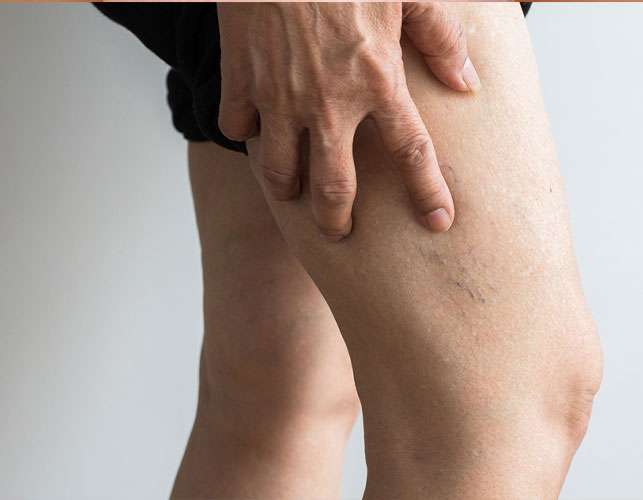Home nursing has experienced remarkable developments in recent years, offering patients high-quality healthcare without the need for hospital visits. As the demand for personalised, accessible care increases, home nursing has become a preferred option for individuals recovering from surgery, managing chronic illnesses, or needing ongoing medical support. These advancements reflect a shift towards patient-centred care, making recovery more comfortable and seamless within the home environment.
One of the most significant developments is the rise of mobile nursing services. Skilled nurses now provide complex medical care, such as intravenous therapy, wound management, and post-operative monitoring, directly at home. This reduces the need for prolonged hospital stays and allows patients to recover in familiar surroundings, promoting better mental and emotional well-being. Additionally, home nursing has become an essential part of palliative care, offering compassionate end-of-life care tailored to individual needs.
The integration of technology has also revolutionised home nursing. Telehealth solutions enable virtual consultations, allowing nurses to monitor patients remotely and address their concerns in real time. Wearable health devices further enhance this process by tracking vital signs, such as heart rate and blood glucose levels, and alerting healthcare professionals if intervention is needed. This proactive approach ensures timely care and helps prevent complications, especially for patients with chronic conditions.

Home nursing has also evolved to offer more specialised and advanced care at home. Nurses now manage complex medical needs such as wound care, injections, post-operative support, and stoma management, ensuring patients receive professional care without the need for hospital stays. This shift not only promotes faster recovery but also reduces the stress associated with hospital environments, allowing patients to heal comfortably in familiar surroundings with their loved ones nearby.
Home nursing has also evolved to offer more specialised and advanced care at home. Nurses now manage complex medical needs such as wound care, injections, post-operative support, and stoma management, ensuring patients receive professional care without the need for hospital stays. This shift not only promotes faster recovery but also reduces the stress associated with hospital environments, allowing patients to heal comfortably in familiar surroundings with their loved ones nearby.
References:
Mackintosh, K. A., & Van den Broek, D. (2018). Home nursing: A new frontier in healthcare delivery. British Journal of Nursing, 27(6), 327-332.
Link to Article
Kumar, S., & Luthra, A. (2020). Home healthcare: A growing industry. International Journal of Health Care Quality Assurance, 33(2), 231-239.
Link to Article
Harris, A. J., & Jones, A. (2021). The evolving role of home nursing in chronic disease management. Journal of Nursing Scholarship, 53(3), 314-321.
Link to Article
World Health Organization. (2020). Home care: A cornerstone of community-based healthcare. Retrieved from WHO
Hughes, R. G. (2020). Patient and family engagement: A core component of nursing care. Nursing Outlook, 68(6), 834-839.
Link to Article





